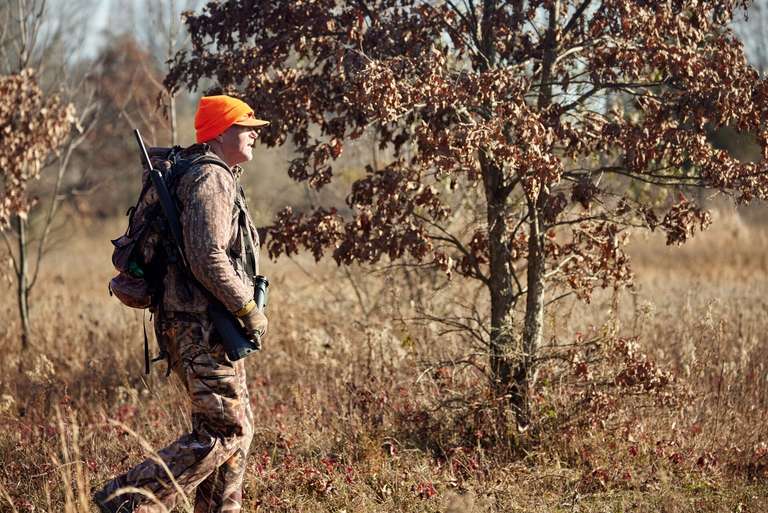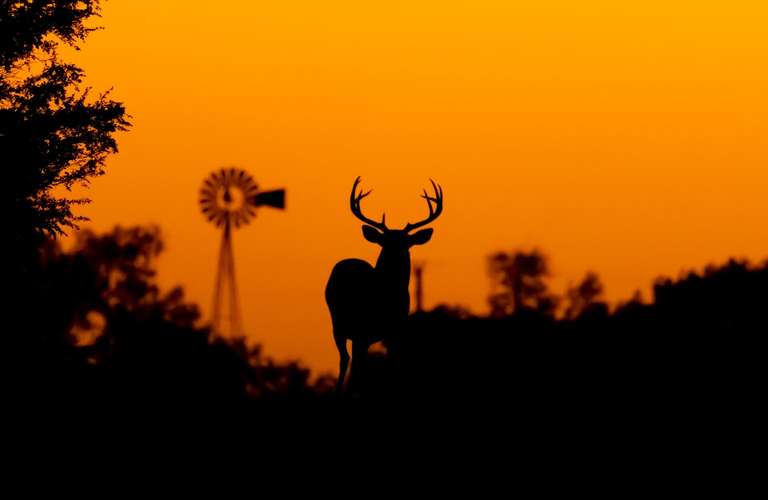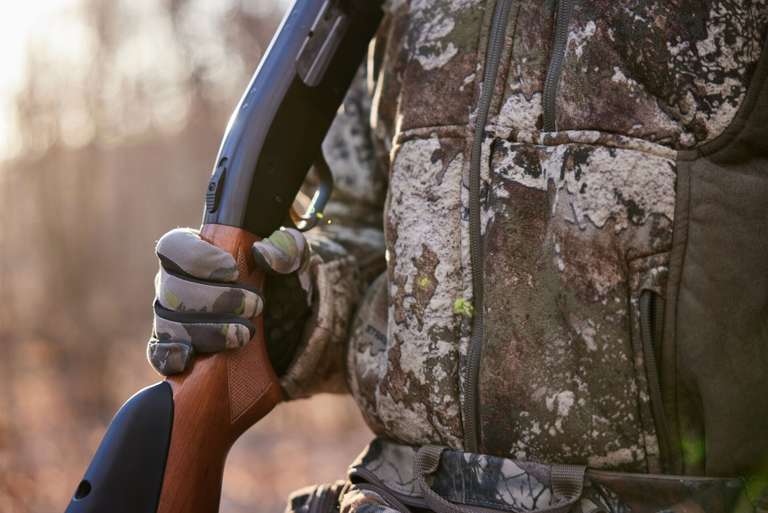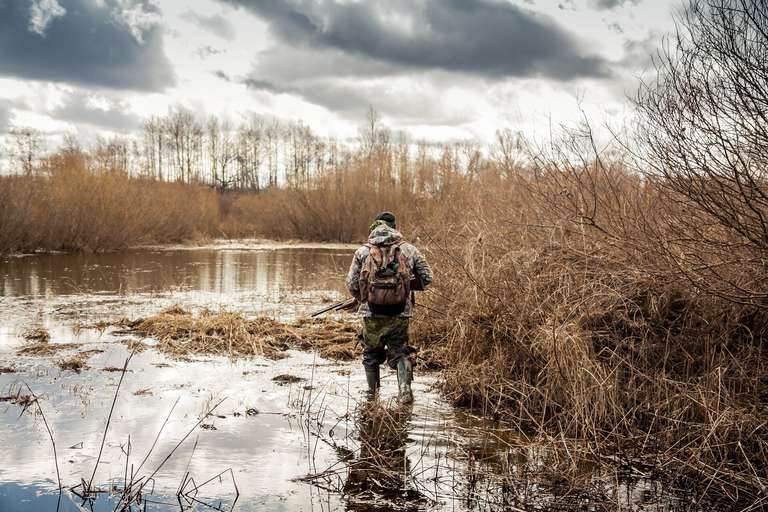How Can I Learn to Hunt?
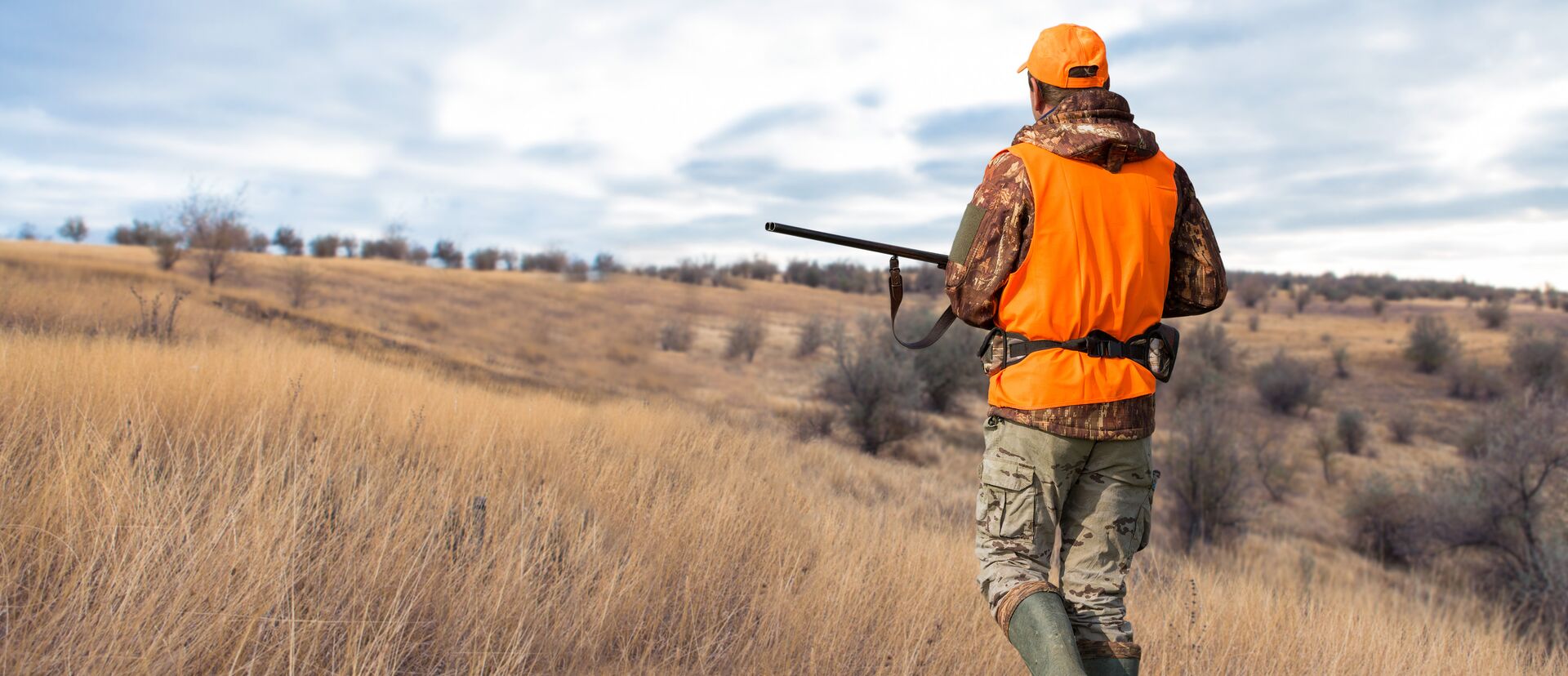
Hunting is a tradition as old as humanity itself, connecting us to the primal rhythms of the natural world. For many, it's more than just a hobby – it's a way of life that fosters a deep respect for wildlife, conservation, and the great outdoors.
When you think, "What if I learn to hunt?" is it because you're drawn to the thrill of the chase, the challenge of self-sufficiency, or the serene beauty of nature?
Hunting offers a unique and rewarding experience. It demands knowledge, preparation, and a commitment to ethical practices.
In this guide, we'll explore the fundamental aspects of hunting, from understanding the basics and choosing the right gear to honing your skills and embracing the ethical responsibilities of being a steward of the environment as you learn how to stay safe and hunt successfully.
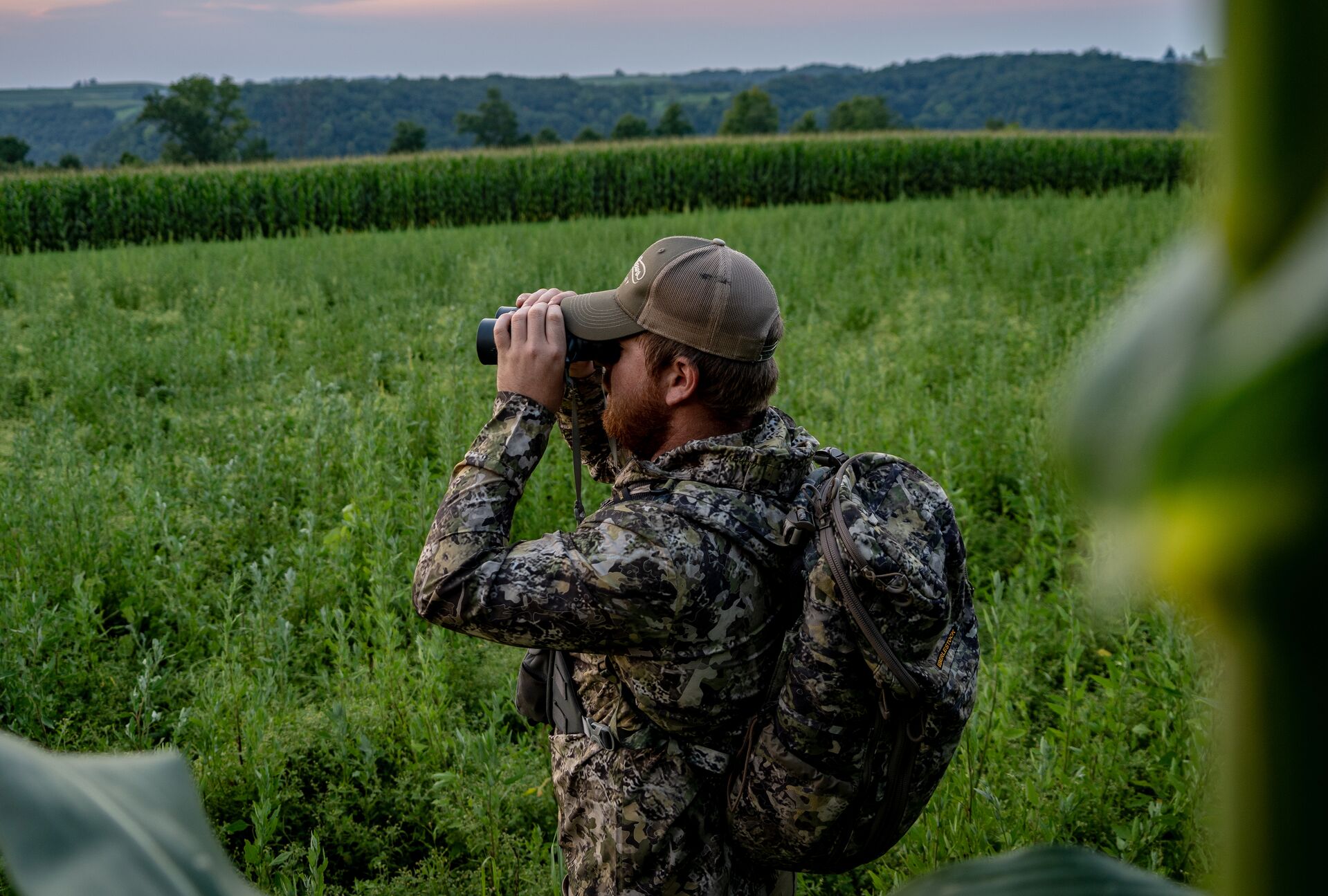
Understanding the Basics of Hunting
Hunting is more than just a pastime; it's a deeply rooted tradition that requires a thorough understanding of ethical considerations, regulations, and safety measures.
Ethical hunting involves fair chase principles, ensuring that the pursuit of the game is conducted in a manner that is respectful and sustainable.
Hunters must familiarize themselves with local regulations, which dictate what species can be hunted, the appropriate seasons, and the legal take methods.
Safety, too, is crucial. This means knowing how to handle firearms or archery equipment responsibly, being aware of your surroundings, and always wearing appropriate safety gear.
When it comes to hunting, there are no second chances with regulations or safety. In the end, we are truly dealing with life and death. We take to the field with firearms or bows in tow, and we need to carry ourselves with the constant awareness of the levity that there is almost zero room for error when it comes to these aspects.
Put Safety First
Safety should always be your top priority through every hunt.
This includes understanding and following hunting regulations, preparing for emergencies, and correctly using your equipment. Take the time to educate yourself on firearm safety, first aid, and survival skills.
A hunter's safety course, like those offered by us here at ilearntohunt, is an excellent way to understand these critical safety principles comprehensively.
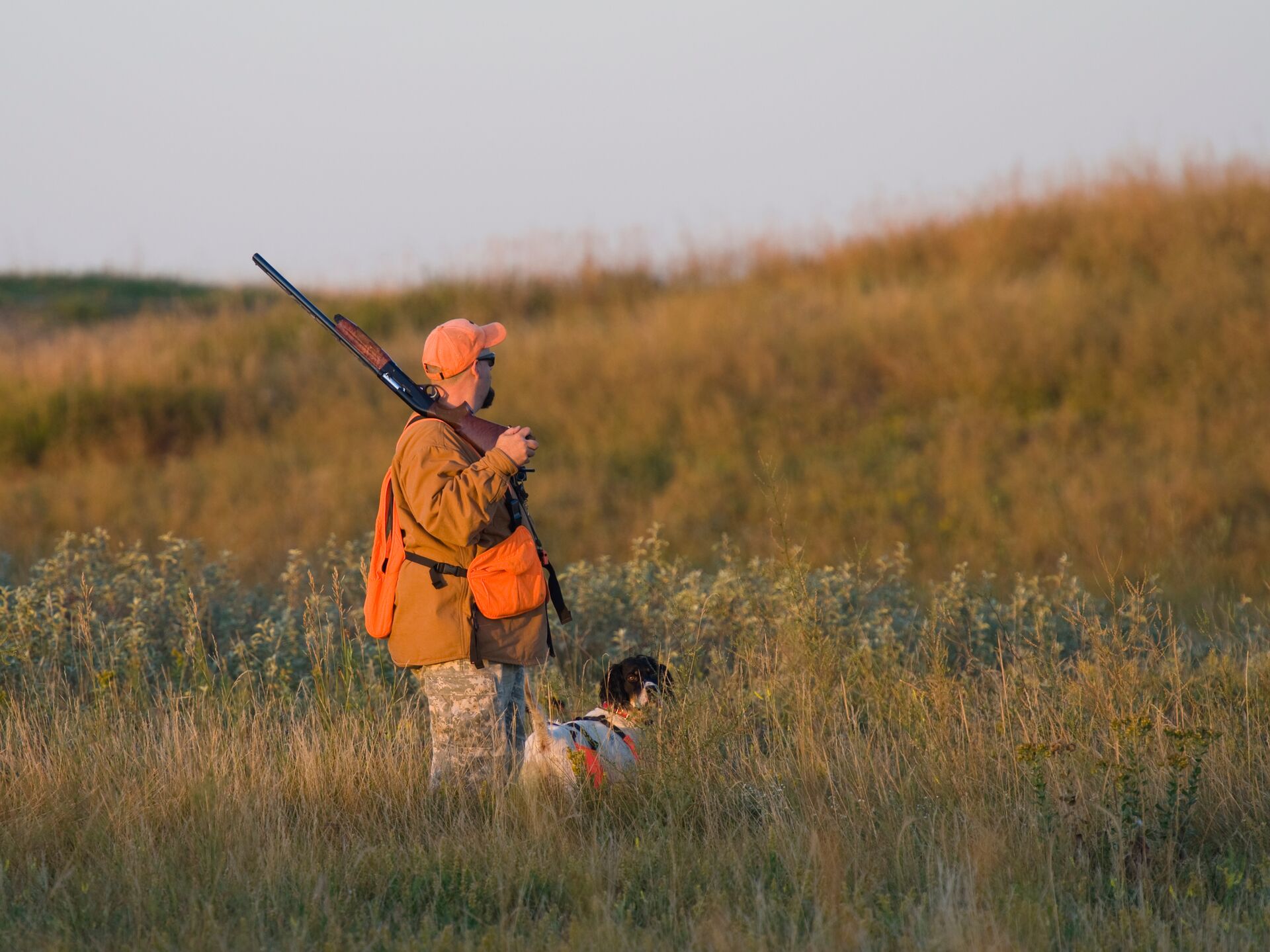
Continually Research and Pursue Education
Successful hunting begins long before you step into the field. It starts with research.
Understanding the species you plan to hunt – its behavior, habitat, and seasonal patterns – can be the difference between a fruitful and frustrating outing.
Resources like books, online forums, and local hunting courses provide a wealth of knowledge. For beginners, platforms like ilearntohunt offer comprehensive courses covering the basics of hunting and safety essentials, providing a solid foundation to build.
Moreover, take the time to seek out good shooting ranges, skeet, trap, and sporting clays facilities, and archery ranges. These places concentrate hunters like a salt lick for game animals.
You can also take some time to join conservation organizations like Ducks Unlimited, Rocky Mountain Elk Foundation, the National Wild Turkey Federation, The Mule Deer Alliance, The National Deer Association, or even Backcountry Hunters and Anglers or the Teddy Roosevelt Conservation Project. These and other organizations do great work and can get you entrenched in the hunting community.
Why are these things important? Besides making sure you are supporting the system that supports wildlife and hunting, the folk at the ranges and in these organizations will generally be happy to help you learn how to hunt, teach you the ins and outs of the hunting culture, and be glad to help with trouble spots like access to hunting land and seasons.

Choosing the Right Gear
Selecting the right gear is crucial for any hunter.
Beginners should start with the basics: appropriate firearms or archery equipment, reliable clothing, sturdy footwear, and essential accessories like binoculars and game calls. Your gear choice should be influenced by the type of game you're hunting and the environment you'll be in.
This rabbit hole is endless, but you can always start with online resources for hunting gear or talking with friends or family members who hunt. Ask them what they use in the field to stay safe and shoot accurately.
One note on gear: you need the minimums to get to the field, but after that, your success will depend more on your abilities, skills, and time spent than on each piece of gear.
Learn from Experienced Hunters
There's no substitute for experience; one of the best ways to learn is from seasoned hunters.
Seek out mentorship opportunities through hunting clubs, workshops, or community events. Experienced hunters can offer invaluable tips, advice, and hands-on training that can accelerate your learning curve. They can teach you the nuances of tracking, fieldcraft, and other skills best learned in the field.
I have met both experienced and novice hunters by taking the time to foster the hunting community and traditions in any locale I've ever lived in.
From growing up in New York to living in North Carolina, Pennsylvania, and now California, one of the first things I do is try to find hunters. That can happen at a range, gun or archery shop, or a conservation organization chapter event in your area.
The internet is a beautiful tool to find all of these spots.
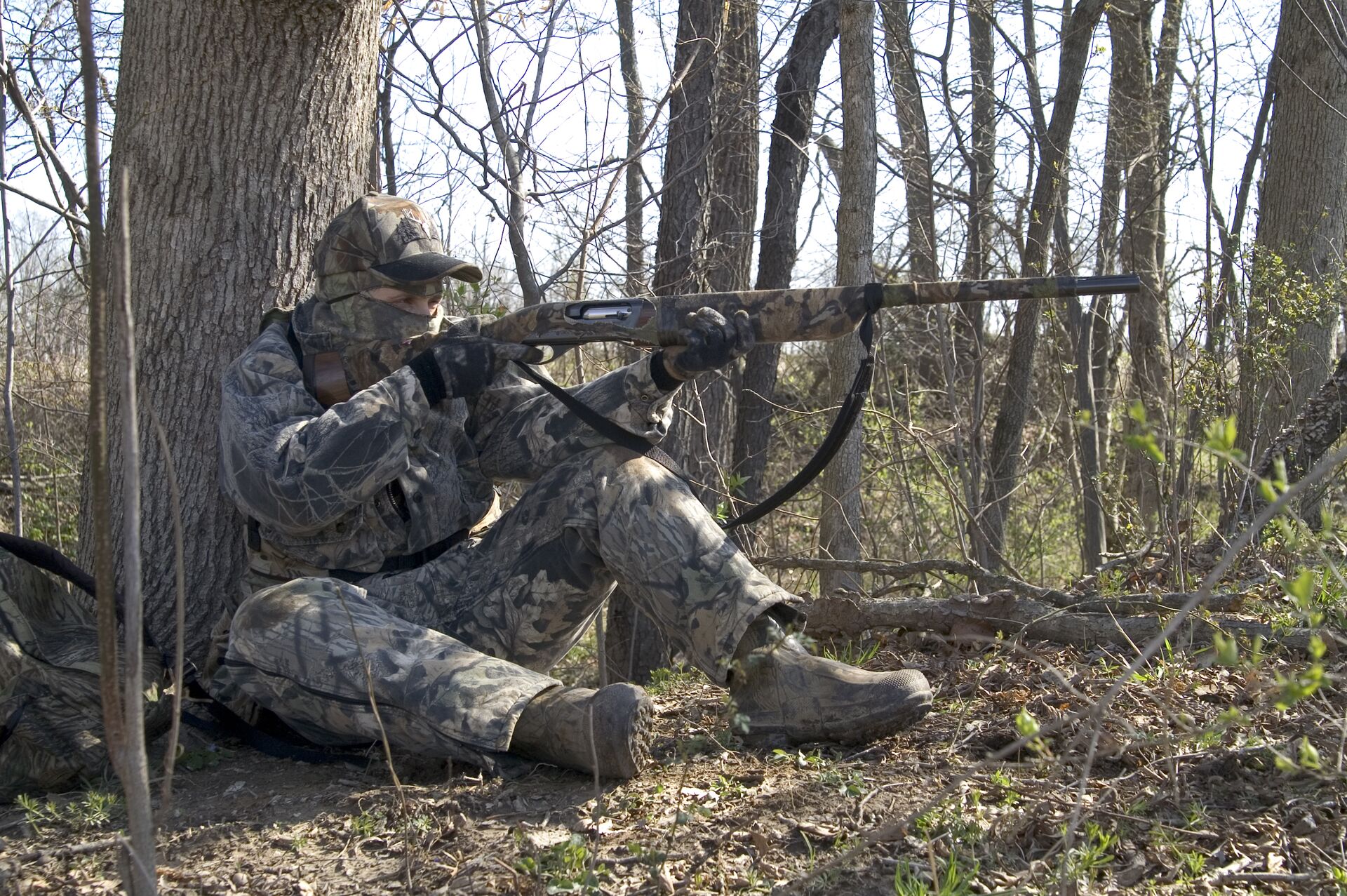
Practice and Develop Your Skills
Practice is the cornerstone of effective hunting.
Essential skills such as marksmanship, tracking, and fieldcraft require regular practice. Visit shooting ranges to hone your accuracy, practice safe firearm handling, and simulate hunting scenarios to prepare for the real thing.
Consistent practice builds confidence and competence, making you a more effective and ethical hunter.
Also, study the animals in your area. Not just the ones you will hunt. Spend time outside, hiking, fishing, and trail running to become comfortable. The more time you spend observing animals, the better you will become as a hunter.
Learn About Field Ethics and Conservation
Hunters have a unique role as stewards of the environment. Ethical hunting practices, such as adhering to fair chase principles and humane harvesting methods, are crucial.
Hunters also contribute to conservation efforts through activities like habitat management and participating in wildlife population control.
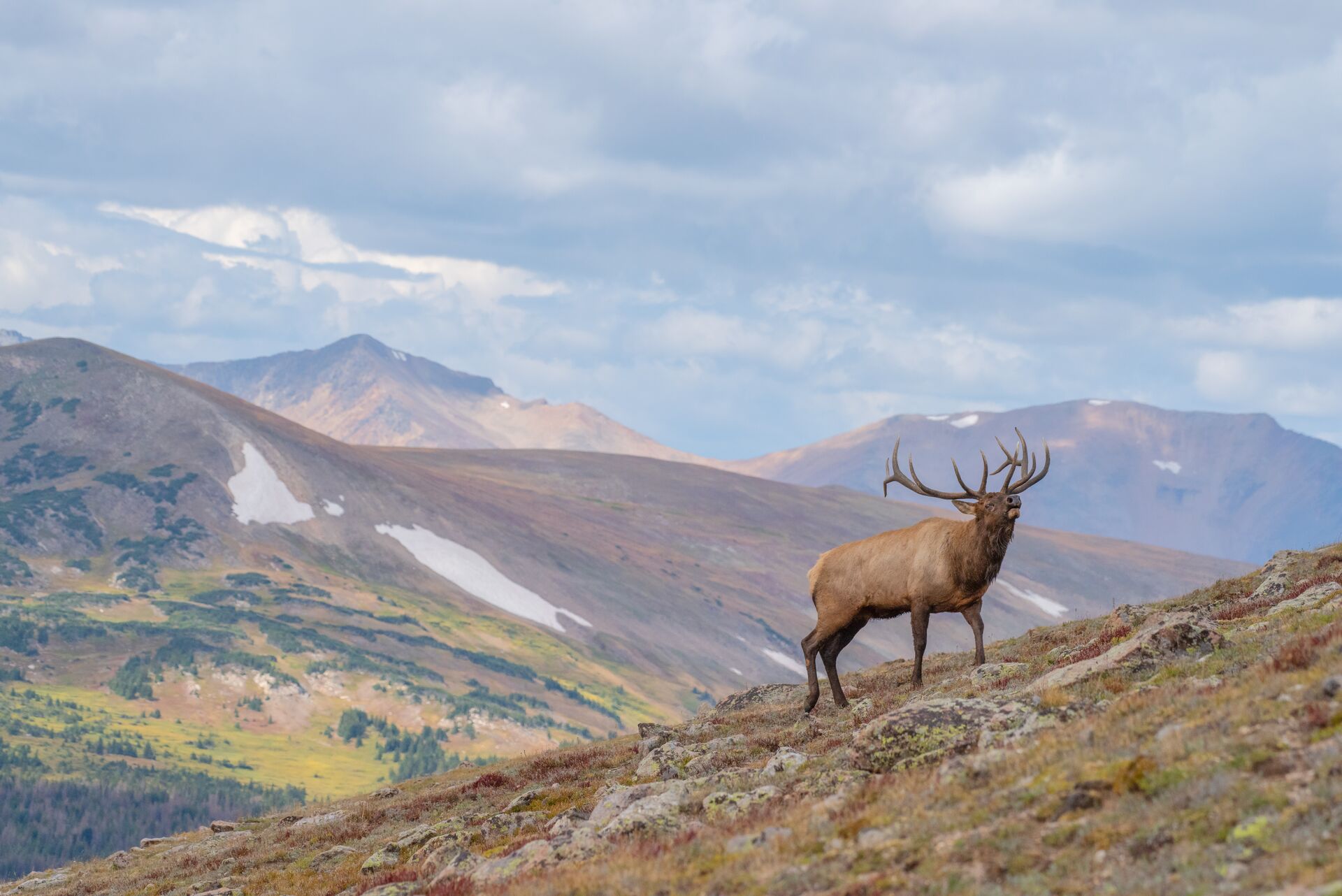
Start Small and Gradually Progress to Bigger Game
Begin your hunting journey with smaller game species or on public lands with lower hunting pressure. This allows you to develop your skills gradually and build confidence without the added challenge of a more elusive game.
Patience and persistence are key; every outing is an opportunity to learn and improve.
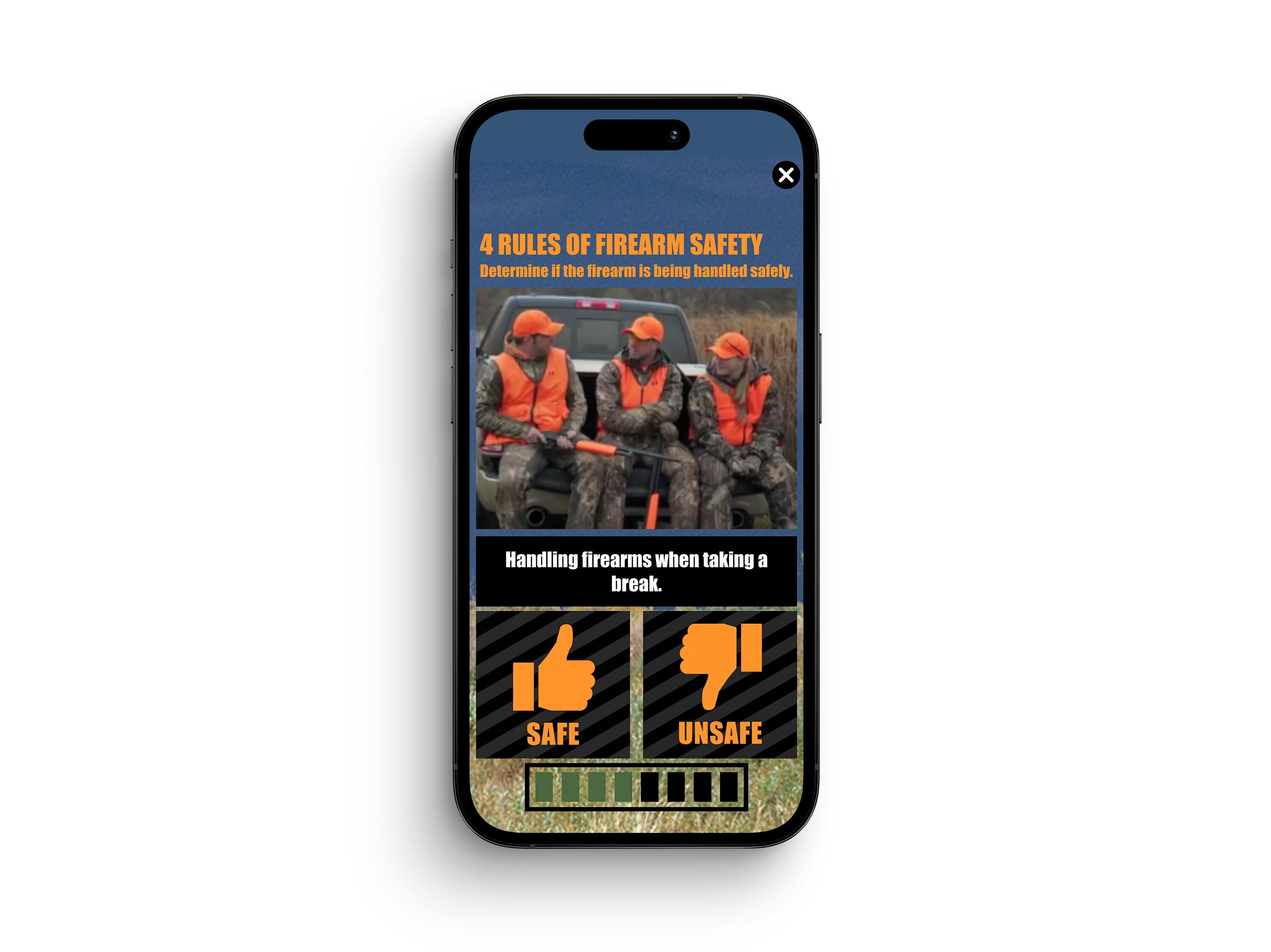
The answer to "How Can I Learn to Hunt" starts with ilearntohunt
"How can I learn to hunt?" shouldn't be a passing thought. It should be the start of an intentional learning journey – outdoors in the field and through other resources – to continually become a safe and excellent hunter.
Knowledge and preparation are your greatest assets in this adventure. By understanding the basics, conducting thorough research, selecting the right gear, learning from experienced hunters, practicing regularly, and prioritizing safety, you'll set yourself up for a rewarding and responsible hunting experience.
Remember, the journey is just as important as the destination. You can start by taking an online hunter safety course through ilearntohunt to build a foundation of hunting best practices and safety knowledge.
The information you'll learn through one of our interactive courses meets all guidelines for states requiring hunter education before acquiring a license. Plus, it's presented in a fun, interactive environment that makes learning easier and more engaging.
So, to enhance how you learn to hunt and get ready for the field, find the course for your state and get started!

